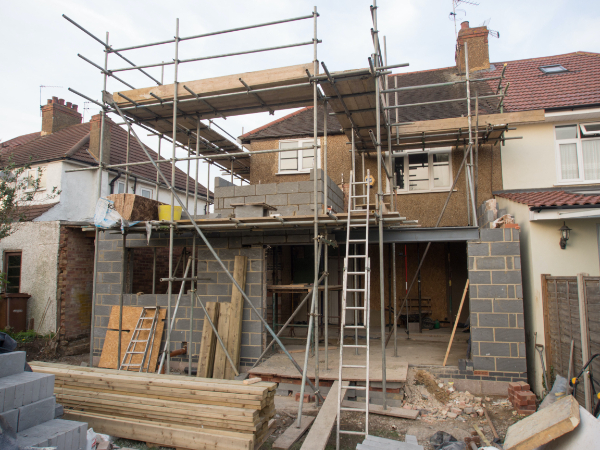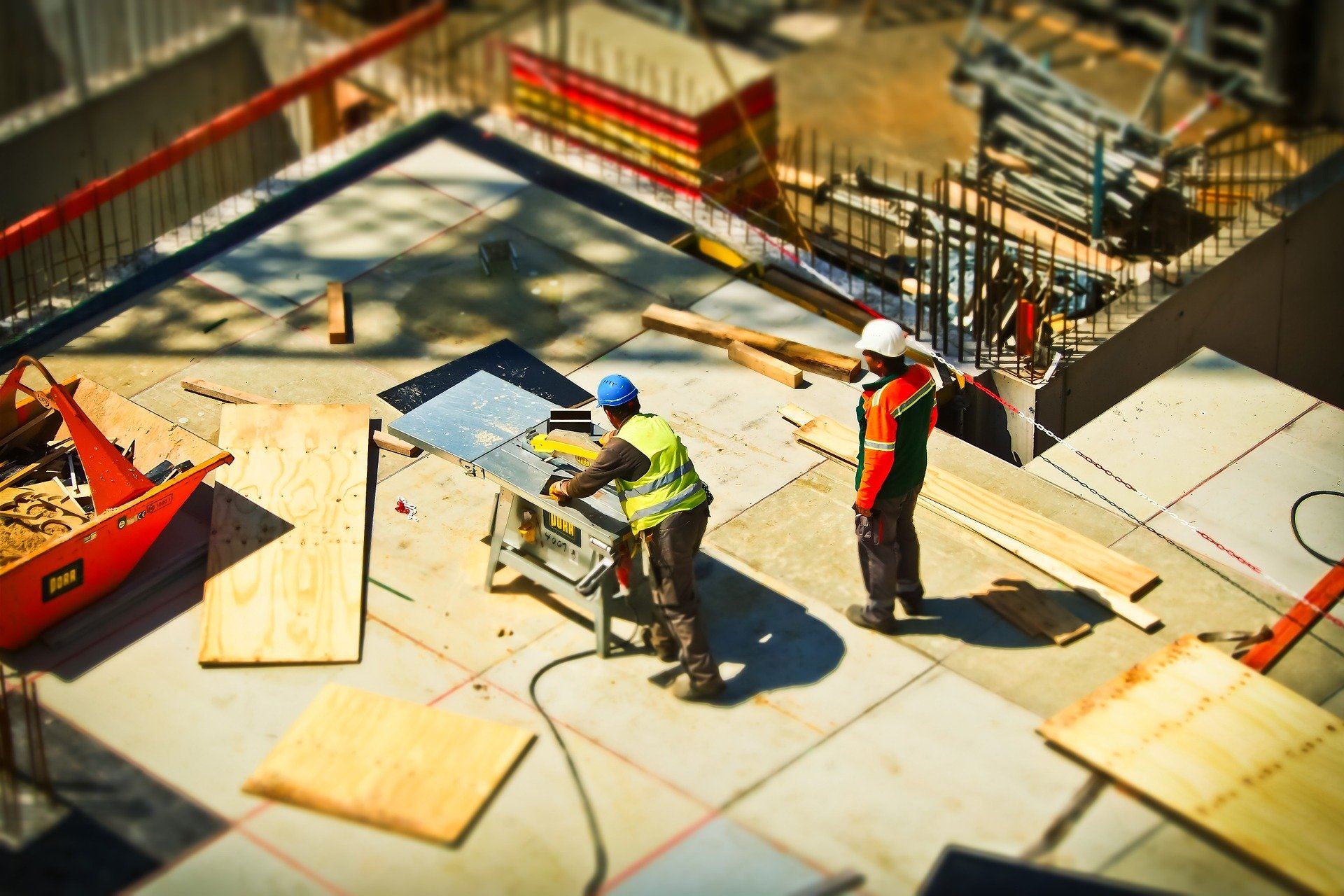If you are considering a new home build or building extension work you will need to know about planning permission requirements. We look at how long planning permission will last?
Bob Trimble is a chartered architect registered with RIBA with 30 years experience in the industry. Trimble Architects work throughout Hounslow, Twickenham, Richmond, Kingston Upon Thames, Teddington and the surrounding areas of London.
When Does Planning Permission Expire?
When you have received approved planning permission, you find yourself asking how long does planning permission last? The local authority has permitted you to begin construction, but you wonder if you have enough time before the planning permission expires.
If you find yourself in this situation, or you currently seek planning permission for your site, this article will explain how to keep planning permission alive and what constitutes material development after approval.
In most cases, full planning permission is valid from three years from the date the local planning authority (LPA) gives planning approval. While there are some exceptions to planning applications, this should be listed by the local authorities in your approval details.
These can outline planning permission details, which can vary if you are working on listed building consent, a conservation area or another unique area. Further costs may apply if you plan to re-submit your planning application to the local authorities, but this is different to making your permission last.
You would be wise to begin construction at the earliest date possible, and your completion notice will outline the date.
What Happens If Building Takes Longer Than I Thought?
This three-year figure was introduced in 2009, after the 1968 rule of a five-year cut-off period.
Too many homeowners and businesses would apply for planning permission and not start building for years. When you have acquired planning consent, and you are worried that your planning permission granted expires soon, you don't have to complete the build in those three years, only start it.
Beginning building development is where the line becomes blurred, and many will do the bare minimum and consider the project started.
Once you start work and the project has commenced, you can keep the planning consent period a lot longer. However, the first work completed on the site must be visible and follow what is outlined in the planning application and design paperwork.

WHAT KIND OF PLANNING PERMISSIONS DO YOU HAVE?
While applicants who have applied for planning permission themselves will know what type of application they made, some hire consultants and agents to complete it for them, or you buy land or a property with planning permission already in place.

In those instances, it's important to understand what type of planning permission you have.
Full planning permission covers the entire project and everything concerned, and the local planning authority will have written in the report or letter about your type of approval.
Outline planning permission is used across larger building and construction projects, so you may not be familiar with it. Unlike a smaller project, outline permission exists for the council to approve the idea of the build. Since these are designed for larger projects, each individual aspect and detail will receive its own planning application, covering the points more in-depth. This allows the project to run smoother without waiting for each section to be approved.
HOW TO KEEP PLANNING PERMISSION ALIVE
Regardless of the type of planning permission you hold, you have three years to begin taking action and start work on your site. To keep your planning permission alive, the best thing you can do is begin work.
In the case of outline permission, you must complete the necessary applications for the work you wish to complete before the three years run out.
Full planning permission gives you the ability to start work at any point during those three years, but you cannot do the bare minimum and consider that a start. If this time expires, you may need to submit another planning proposal, but you will be subject to new additional information. Generally, constructing a part of your site helps clients keep their planning permission alive.

What Constitutes Starting Construction Work?
Your particular development site and design application outline the first logical step when beginning construction work.
You must make a visible first action on your site, which transitions you to the main construction phase. The Town and Country Planning Act 1990 demonstrates various actions that constitute a project having started work. Landowners often have done very little and considered the project started, allowing their planning permission to be extended.

Here are the 'material operations' that you should follow when commencing work on a site and constitutes as material development:
Any demolition work on a building
Any construction in the course of the erection of a building
Trench digging to contain foundations or part of the foundations
Laying underground main or pipe to the foundations
Change in the use of any land
Operation in the course of laying part of a road or a road entirely
For more information about what constitutes starting a project, you should enquire the Planning Portal or consult your local council. Many of these leave room for suggestion and guesswork, which has allowed contractors and construction teams to take their approved applications for granted. However, this counts as long as the work you are completing is relevant to your project and is paving the way for future installations, demolitions, or installations. T
ake digging a trench, for example. If you are to start digging a trench anywhere on the site, simply to stop the expiry of the application, then this will not sit well with the council. You must dig trenches and begin work where the approved drawings in the planning approval said they would be. Such trench work must be completed to allow further application and installation on the site, adhering to planning conditions you established in the application.
The courts decided that the intentions behind the developer's work are irrelevant, whether you are beginning construction to stop your planning permission from expiring or to legitimately start work.
Developers and homeowners can also extend their planning permission, as long as no significant changes have happened to the site or their policies in that time. You should check with the local planning authority when wanting to extend or re-apply, as just because your application was approved once doesn't mean it will be again. The planning process and the conditional permission at your local council will change regularly, so you should seek professional advice before applying again, as you may have to pay a fee.
For further information and assistance on planning permission, please reach out to our team today.
Architects Near Me
If you are looking for architectural services throughout Hounslow, Twickenham and the greater London area, then get in contact with our team today. We can offer advice and begin guiding you towards making the right decision.
Bob Trimble is a chartered architect registered with RIBA. Bob Trimble has 30 years of experience working with residential and commercial property projects. For 4 years, Bob Trimble has worked from his housing association and private architectural practice for clients throughout Hounslow, Twickenham, Richmond, Kingston Upon Thames, Teddington and the surrounding areas of London.


